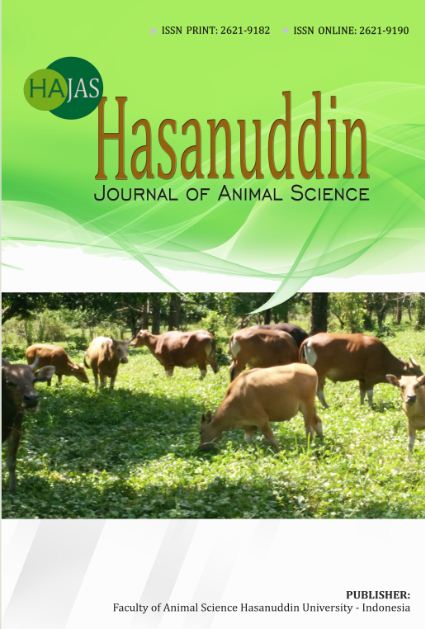The Implementation of Social Entrepreneurship in Participatory Breeding Program of Bali Cattle in Barru Regency
DOI:
https://doi.org/10.20956/hajas.v6i2.32855Abstract
Rural development plays a crucial role in strengthening a nation’s economy, with the agricultural sector serving as a key driver of growth. Among its sub-sectors, the livestock industry, particularly cattle farming, requires continuous improvement. Barru Regency in South Sulawesi is recognized as a national center for beef cattle development and breeding; however, rural cattle farming in the area still faces challenges that threaten its sustainability. The Maiwa Breeding Center (MBC) represents an innovative cattle-breeding partnership program designed to empower smallholder farmers through sustainable business practices. This study employed a qualitative exploratory approach to analyze the implementation of social entrepreneurship elements within MBC’s Participatory Breeding Program. Data were obtained from 32 purposively selected informants through interviews, observations, and literature review. The results show that MBC demonstrates all key elements of social entrepreneurship: social value creation through increased farmer income and capacity; civil society built on trust, networks, and shared norms; social innovation in mentorship, profit-sharing, and marketing; and economic activity through business skill development, financial access, and product diversification. This study introduces a novel framework linking social entrepreneurship and sustainable livestock development, demonstrating how participatory breeding programs can effectively strengthen rural economies in tropical regions.
Keywords: Maiwa Breeding Center, social entrepreneurship, breeding program, Barru Regency
Downloads
Published
Issue
Section
License

This work is licensed under a Creative Commons Attribution-NonCommercial 4.0 International License.











